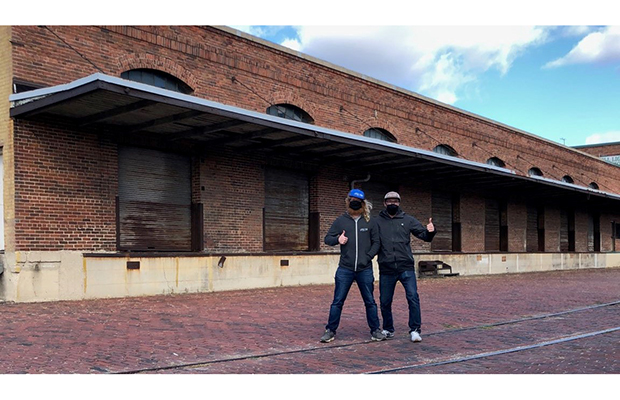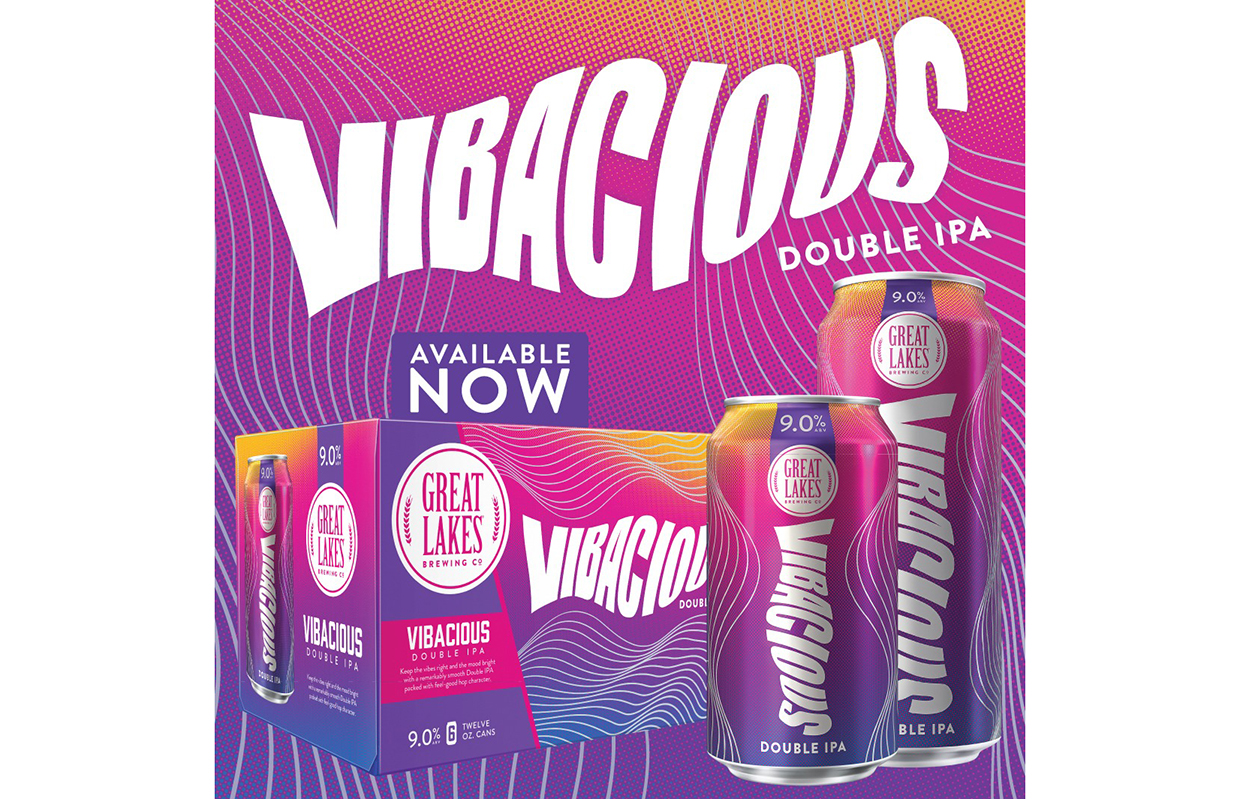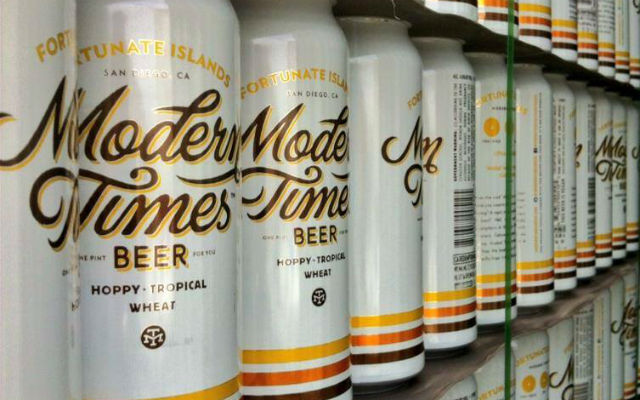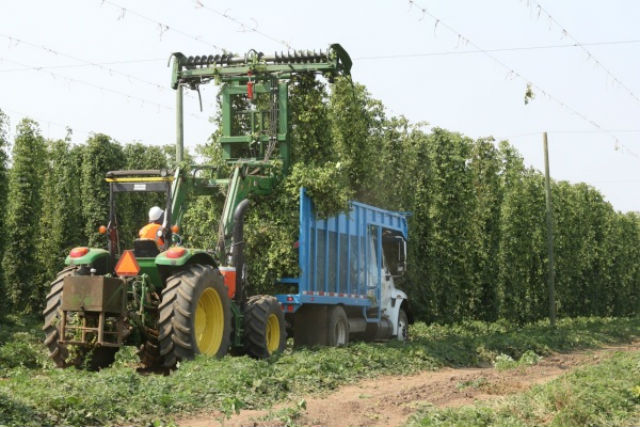
Finding a market in your brewery’s territory that harkens to your original spot in terms of culture and opportunity is always a great feeling.
Athens, Ohio’s Little Fish Brewing saw that in Dayton, Ohio (about 145 miles west of where the brewery began) and co-founders Sean White and Jimmy Stockwell quickly planted a flag in the similar small-college town on the other side of the state with kegs and some bottles as early as five years ago.
Now the brewery has said they intend on opening a beer garden and foeder facility in 2021 despite the ongoing pandemic.
“The specific site on Webster Street was chosen in large part due to the outdoor seating opportunities,” Stockwell explained to Brewer. “COVID hasn’t changed that, but it has reinforced our commitment to a beer garden.
“Long term, we hope that businesses will return to “normal” by the time we open the Dayton location.”
While a lot of the specifics are still to be hammered out, Stockwell said that Little Fish will bring its commitment to Ohio-grown ingredients, sustainability, and quality beers.
“The taproom will offer a variety of our beers and the associated kitchen will have a version of the farm-to-table fare we currently offer,” he said. “As of right now the plan for brewing in Dayton will be to focus on a series of sour beers aged in Oak foeders manufactured by our friends at Foeder Crafters.”
Stockwell said that general revitalization has accelerated in the past couple of years in the downtown Dayton area, which attracted the brewery to the spot.
“With an increase in the availability of housing and entertainment, Little Fish sees an opportunity to become a viable part of the community,” he said. “The amount of independent and owner-operated business in the Dayton area is also notable.”
Stockwell did note that Little Fish produced significantly less beer due to the pandemic and is expected to see volume output at about 20% less than its 670 barrels from 2019. But after opening in Dayton, plans estimate around 1,000 barrels total for the brewery once they are up and running at capacity.
”It feels like we’ve had to have a different business model every couple of weeks this year,” Stockwell said of how the brewery had managed through the crisis of 2020.
One of the first things they did in March during the general on-premise shutdown was the purchase of a crowler seamer.
“That was a big change for us, and one we may not have made if we hadn’t been pushed to,” he said. After the purchase, Little Fish added the capability to ship beer throughout Ohio. Stockwell said while the sales from shipping don’t appear to be reliable or constant, he thinks it has allowed the brewery to market in a way that wasn’t available before.
On-site in Athens, the brewery had full table service for a while, then went back to carry-out, and now operates with minimal contact between employees and patrons.
Patrons can order from their table online and are notified when they can pick up their beer or food.
“We have online capabilities for carry-out as well,” Stockwell said. “All of these moves have kept us viable for short periods, but their effectiveness peters out as the pandemic landscape continues to shift.”




Be the first to comment